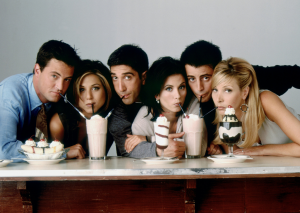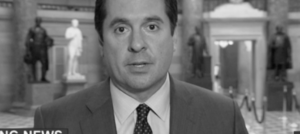There’s no doubt that Friends, as a show, is loved by thousands of people across the world. It’s comforting and nostalgic and evokes a sense of warmth that might be somewhat difficult to find in the mass-produced shows of today. The characters feel like real people who might share the same problems as us, but have a beautiful group of friends to fall back on. It is those moments with their friends that make this show so popular. Be it humorous, sad, emotional, or joyous, these friends share it all. However, the strength in the scriptwriting of Friends lies in the fact that these characters seem very authentic. They have their share of problems that any other individual on this planet might have. Since the show was released in the 90s, there was no scope for them to be more proactive about their mental health. However, if the show were released in today’s era, these characters would need to undergo a good amount of therapy to overcome their respective traumas.
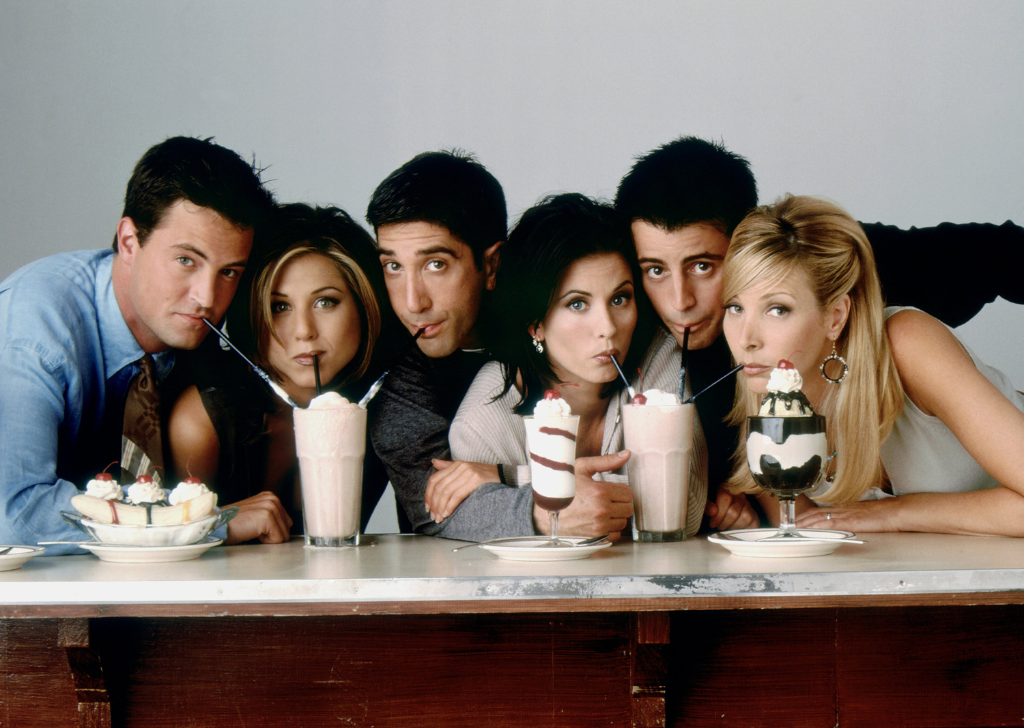
The Case for Chandler: Humor as a Defense Mechanism
If there was one character in Friends who would have surely benefited from therapy, it would have been Chandler. His entire personality revolved around sarcasm and his attempt to use a shield of humor to deflect from his trauma. With a childhood like his, it’s no wonder that he would have gone through major mental health turbulences. All his coping mechanisms, personal history, and even his choice of job tell us that there are many deep-rooted issues with him that only therapy could address.
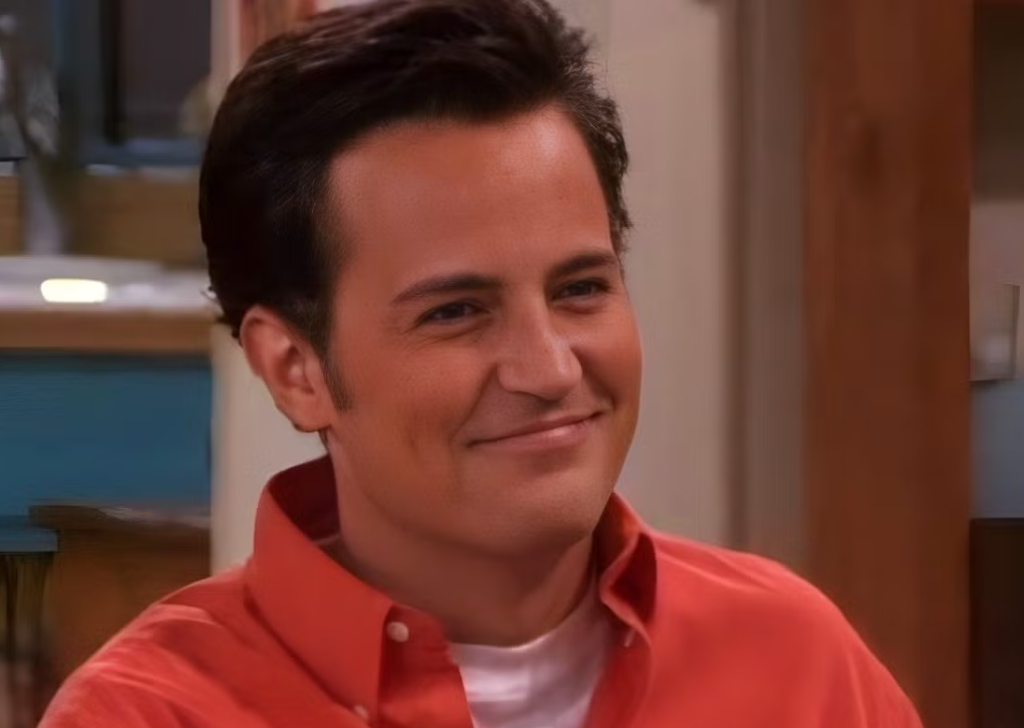
Tracing Chandler’s Trauma
It all started with his parents’ divorce (that too on Thanksgiving) when he was young. The separation of his parents really affected him as a child, which eventually led him to develop commitment issues (but that’s a topic to unpack later). It can be assumed that when he needed a united parental unit that he could rely on, his parents failed him, which eventually left some major scars in his life. It wasn’t just the divorce that was the final nail in the coffin of his traumatizing childhood, but also how his parents couldn’t stand the sight of each other, and he had to endure all their arguments. Later on, he was also shown to be embarrassed to be associated with them, as they had taken some unconventional career paths. His father was a drag artist in Las Vegas, which led Chandler to be estranged from him for several years, while Chandler’s mother was an erotic novelist, which made his relationship with her strained too.
The Adult Impact: Social Anxiety and Self-Doubt
All these issues eventually led Chandler to become a socially anxious, commitment-phobic man who routinely sabotaged his relationships over small issues before Monica became his long-term romantic partner. He also feels that he isn’t good enough a lot of times, which depicts his low self-esteem, and he values himself only based on his humor. He even chose a job that he was not particularly interested in just because he felt that it was stable, which was an inherent requirement after his unstable home life and childhood.

The Impact of Therapy on Chandler
Therapy would help him process his childhood trauma, improve his emotional regulation, strengthen his self-worth, and help him learn healthier coping skills than sarcasm. The reason why he is so relatable is that underneath his jokes, there’s real pain that therapy would heal.
Phoebe Buffay: Strength Beneath the Strange
Phoebe Buffay is the most eccentric and enigmatic character in the group, always dishing out good advice, full of life, and the most resilient character in the entire show. Beneath her confident and free-spirited personality, there’s an agonizing past that can never entirely heal. However, therapy could offer her a space to process that past and guide her to take small steps to help her deal with that past in a better manner.
Trauma That Stems From Grief and Homelessness
She has severe, unresolved childhood trauma that stems from her mother’s death by suicide. She was a very young child who probably couldn’t even understand what suicide meant when this incident uprooted her entire life. She had to live on the streets as a teenager who had to fight for every morsel of food, face violence, and even had to rob people in a desperate attempt at survival. Even though she spins bizarre stories out of it when she grows up, and the show treats this topic from the lens of humor, it is a very difficult situation to grow up in.
Family, Trust, and the Struggle to Belong
She doesn’t meet her father for the entirety of her adult life and is abandoned by all the adults in her life. She never got to live a childhood that other children did since she had to grow up dependent on herself, learning survival skills very quickly that adults learn later on. Her twin sister, Ursula, is a bully to Phoebe as well (due to Ursula’s own unresolved issues), which leaves Phoebe with no true family to rely on. She has attachment issues and often finds it hard to trust people at face value, which is natural, considering her childhood. She masks her vulnerability with songs like Smelly Cat, her absurd tales, and quirky behavior. She has unresolved grief that she never found the time or process to deal with; she might speak about her mother’s death matter-of-factly or humorously, but it’s clear that she struggles with it.
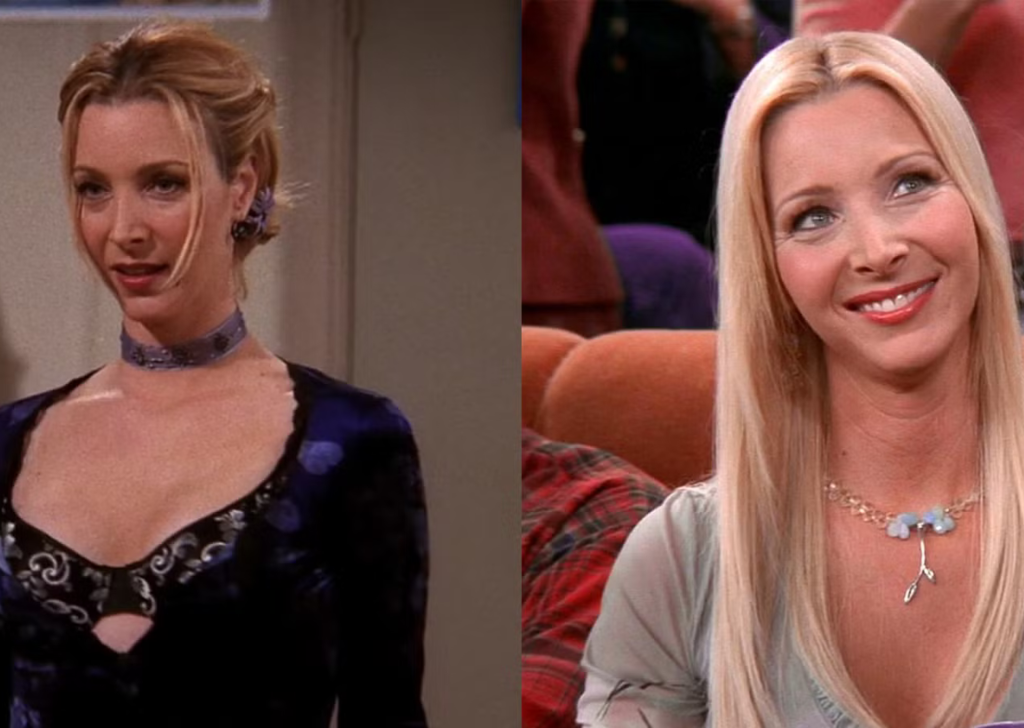
The Impact of Therapy on Phoebe
Therapy would help Phoebe immensely, not because she is broken by life but because she has survived more than people should have. It will give her a safe space to heal from neglect and childhood trauma. She might have the opportunity to explore her identity beyond survival, which she never had the chance to do earlier. She can also build deeper relationships that might lead to the erosion of her trust and attachment issues. Therapy will also help her to be vulnerable without having a fight-or-flight instinct that has been activated since her childhood. Phoebe’s resilience is commendable, along with her strong moral compass, yet she should get the opportunity to lighten herself from the pain she has been carrying alone for a long time.

